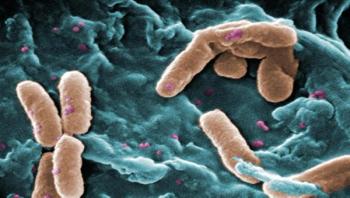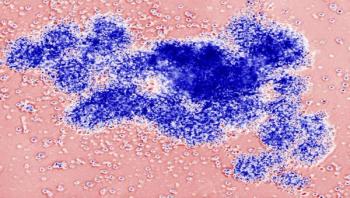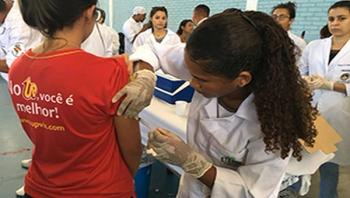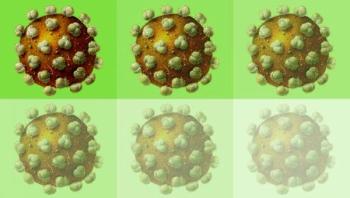Device-associated infections due to biofilm-producing methicillin-resistant Staphylococcus aureus (MRSA) have been recently associated with the failure of antibiotic treatment and decolonization measures. The goal of the study by Günther, et al. (2017) was to evaluate the extent to which the formation of biofilms influenced the efficacy of topical decolonization agents or disinfectants such as mupirocin (MUP), octenidine (OCT), chlorhexidine (CHG), polyhexanide (POL), and chloroxylenol (CLO).Bacterial killing in biofilms by the disinfectants and MUP was determined as the reduction [%] in metabolic activity determined by a biofilm viability assay that uses kinetic analysis of metabolic activity. The test substances were diluted in water with standardized hardness (WSH) at 25 °C at the standard concentration as well as half the standard concentration to demonstrate the dilution effects in a practical setting. The tested concentrations were: CHG 1%, 2%; OCT 0.1%, 0.05%; PH 0.04%, 0.02%; and CLO 0.12%, 0.24%. A test organism suspension, 1 mL containing ~1 × 109 bacterial cells/mL, and 1 mL of sterile WSH were mixed and incubated for six different exposure times (15 s, 1, 3, 5, 10 and 20 min) after the test substance was added.Additionally, the bactericidal effects of all substances were tested on planktonic bacteria and measured as the log10 reduction.The disinfectants OCT and CHG showed good efficacy in inhibiting MRSA in biofilms with reduction rates of 94 ± 1% and 91 ± 1%, respectively. POL, on the other hand, had a maximum efficacy of only 81 ± 7%. Compared to the tested disinfectants, MUP showed a significantly lower efficacy with <20% inhibition (p < .05). Bactericidal effects were the greatest for CHG (log10 reduction of 9.0), followed by OCT (7.7), POL (5.1), and CLO (6.8). MUP, however, showed a very low bactericidal effect of only 2.1. Even when the exposure time was increased to 24 h, 2% MUP did not show sufficient bactericidal effect.The researchers say their data provide evidence that OCT and CHG are effective components for disinfection of MRSA-biofilms. On the other hand, exposure to MUP at the standard concentrations in topical preparations did not effectively inhibit MRSA-biofilms and also did not show adequate bactericidal effects. Combining an MUP-based decolonization regimen with a disinfectant such as OCT or CHG could decrease decolonization failure.Reference: Günther F, et al. MRSA decolonization failure-are biofilms the missing link? Antimicrobial Resistance & Infection Control. 2017;6:32



















